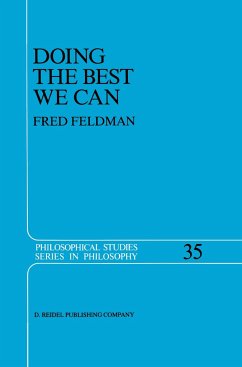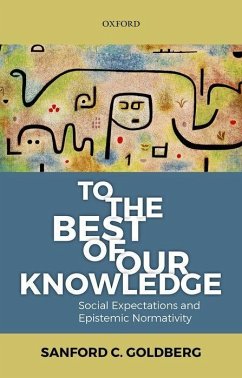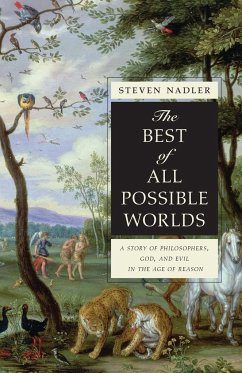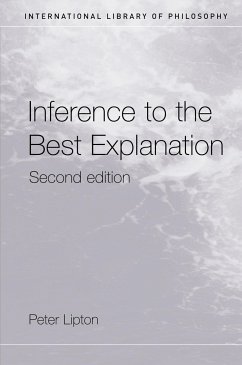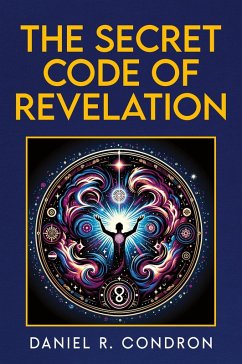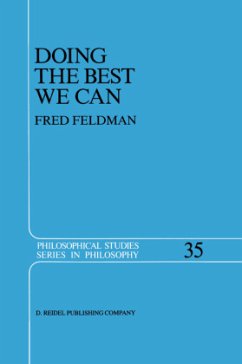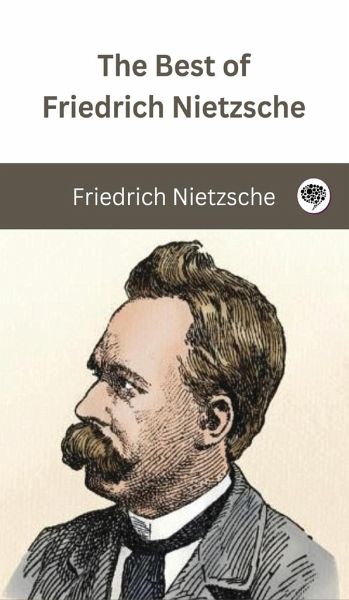
The Best of Friedrich Nietzsche
Versandkostenfrei!
Versandfertig in 1-2 Wochen
34,99 €
inkl. MwSt.

PAYBACK Punkte
17 °P sammeln!
This collection contains the most famous novels written by the German philosopher Friedrich Nietzsche - Thus Spoke Zarathustra: A Book for Everyone and No One, Beyond Good and Evil: Prelude to a Philosophy of the Future, On the Genealogy of Morals, The Anti-Christ: A Criticism of Christianity, and The Gay Science: With a Prelude in Rhymes and an Appendix of Songs. This collection of five novels contains the most important thoughts and philosophies evoked by Nietzsche. Regarded as one of the most profound German philosophers, Friedrich Nietzsche (1844-1900) is popularly considered a cultural cr...
This collection contains the most famous novels written by the German philosopher Friedrich Nietzsche - Thus Spoke Zarathustra: A Book for Everyone and No One, Beyond Good and Evil: Prelude to a Philosophy of the Future, On the Genealogy of Morals, The Anti-Christ: A Criticism of Christianity, and The Gay Science: With a Prelude in Rhymes and an Appendix of Songs. This collection of five novels contains the most important thoughts and philosophies evoked by Nietzsche. Regarded as one of the most profound German philosophers, Friedrich Nietzsche (1844-1900) is popularly considered a cultural critic and philologist whose work exerted a scholarly influence on modern intellectual history. His intellectual works focus on widespread themes such as religion, morality, philosophy, and science. Prominent elements of his philosophy include his radical critique of truth, a genealogical criticism of religion, and Christian morality. His body of work touched a wide range of topics, including art, philology, history, music, tragedy, and culture, most of which drew inspiration from Greek tragedy.







